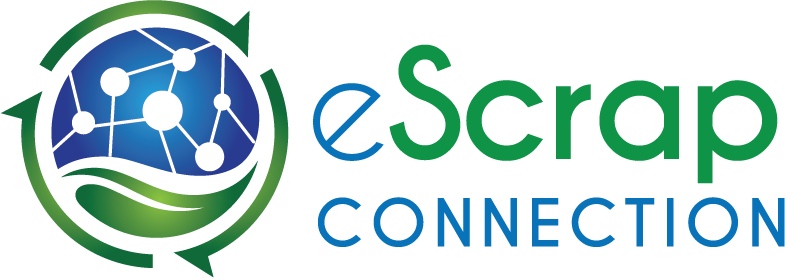What links fashion and plastic bottles? Nothing, consumers might think – but they would be wrong. US manufacturer Unifi has emphasised the connection by transforming billions of polyethylene (PET) bottles into plastic yarn.
Americans throw no fewer than 35 billion plastic bottles in the bin every year. The US mountain is just part of the massive PET challenge that the world has to address. The good news, though, is that the interests of waste managers and fashion are slowly merging.
More leading brands such as Ford, Fossil, H&M, Levi’s and The North Face are turning to recycled content in their products. According to Eddie Ingle, ceo of textile manufacturer Unifi, based in Greensboro, North Carolina, these household names are opting for sustainability as a ‘growth engine’.
One of the factors enabling this shift is the company’s ‘Repreve’ line of eco-friendly fibres, an ever more important part of Unifi’s portfolio that serves the manufacture of everyday clothing, outdoors apparel and sportswear and even car interiors, each with unique material characteristics.
‘Our process embeds properties like wicking, adaptive warming and cooling, water repellence and more at the fibre level to guarantee reliability and, most of all, a durable quality,’ Ingle says.
Delicate strands
As a first step, collected PET bottles are thoroughly cleaned. They are then chopped, sent through a dryer to get rid of moisture that would weaken the final product, are melted, and then reformulated as recycled chips. Unifi’s chips, however, subsequently enter a proprietary extrusion and texturing process to form Repreve recycled fibre.
Each extrusion disc has 68 tiny holes out of which the molten plastic is spun into filament, five times finer than a human hair, which cools and hardens as it exits the recycling line. This material is so delicate it sometimes breaks, whereupon it is returned to the recycling process.
The separate strands are guided into a funnel and joined together into a strong yarn. The yarn is collected onto a big roller and each batch is gathered on spools. Each spool racks up yarn at a rate of around 200 km/hour. These are then collected by an autonomous vehicle and transported to the storage unit.
At this point, the yarn is stiff, almost like dental floss. To give it more flexibility, the material is moved around on heated rollers. Samples of each batch are taken and carefully screened by lab technicians who count the number of filaments to verify optimal material characteristics.
Ingle points out that producing 1kg of recycled yarn saves enough energy to power a fluorescent light bulb for over 40 days while providing enough daily drinking water for a two-person household.
A particular milestone is said to be the Prepreve Our Ocean line, which is made from plastic bottles collected within 50 km of coastlines in areas that lack formal waste or recycling systems. This way, Unifi hopes to provide some relief in the fight against ocean plastics.
More tech, more bottles
Working together with the right companies is vital to ensure progress, Ingle notes. A recent partnership for Unifi is with tech supplier Oerlikon to create a specially designed pilot machine, called ‘eAFK Evo’. It has been running at Unifi’s headquarters since last summer to manufacture both virgin and recycled polyester and polyamide yarns.
‘We have obtained exclusive rights in the Americas to Oerlikon’s unique design, which enables the new machine to operate at considerably higher texturing speeds, delivers consistently high-quality yarn across a broad range of products and new, innovative performance yarns,’ says Tom Caudle, chief operating officer of Unifi.
He hopese that ramping up recycling technology will help Unifi reach its target for 2030: to recycle 30 billion plastic bottles into yarn.
READING TIP >> Browse our latest issue now!
Het bericht Industry pursues plastic fibre with great success verscheen eerst op Recycling International.
Source:

Leave A Comment
You must be logged in to post a comment.